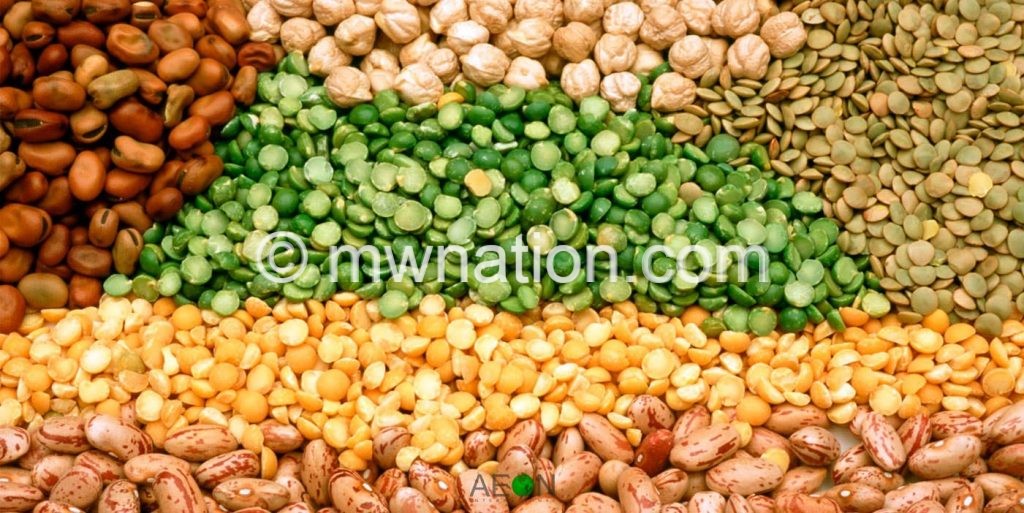‘Indigenous crops key to development of agriculture sector’
Centre for Environmental Policy and Advocacy (Cepa) executive director Hebert Mwalukomo says the country needs policy provisions to promote local seed industry to sustainably achieve food and nutrition security.
Speaking on Tuesday in Salima during a validation meeting of a model issues paper for a proposed policy on farm saved seed (indigenous varieties) under the umbrella of Malawi Agro biodiversity Network, Mwalukomo said the local varieties are crucial in sustaining development of the agriculture sector.

“These seeds form the bulk [70 percent of seed] of the planting material for smallholder farmers that contribute 80 percent of food in the country. The varieties are also the breeding blocks of hybrid crops that calls for a deliberate promotion of growing local crops for sustainable production of new improved varieties,” he said.
They are adaptive to local agro ecological zones which is key to achieving food security amid the climate change shocks. These traits should be appreciated to have an integrated system that empowers the local seed industry, including the formal sector,” said Mwalukomo.
He said in absence of the policy framework to manage the indigenous seed industry, he said the country conflicts its own commitment to national biodiversity strategy and action plan, and nutrition policy to conserve indigenous crops and intake of balanced food among locals.
One of farmers embracing local variety crops from Mitole EPA in Chikwawa, Agnes Mpando said she achieves food security growing such maize varieties.
“As rural farmers, we need support on farm saved seed. Apart from carbohydrates, the local maize varieties like nthikinya, kachiswe and kanjerenjere are high in vitamin A quantity. The flour has also long usage utility than hybrids,” she said.
Cepa, and other institutions, under the network, strives to promote conservation, management and protection of traditional crop varieties under Enhanced Support for Farmers Rights in Malawi with financial support from Open Society Initiative for Southern Africa (Osisa).





